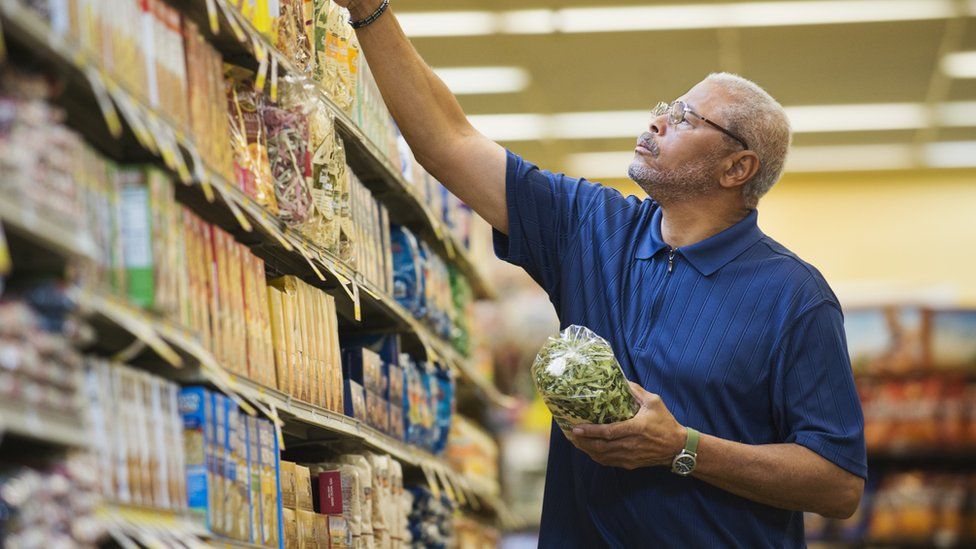
US economy resilient despite rising prices


The US economy has held up better than expected, as shoppers keep spending despite rising prices and higher borrowing costs.
The economy expanded at an annual rate of 2.6% in the three months ending in September, returning to growth after two quarters of decline.
The better-than-expected figure is one of the last major economic readings before US midterm elections next month.
Many analysts say the US is still on track for a slowdown next year.
In the most recent quarter, a surge in exports helped drive the growth, the commerce department said.
But analysts said that is unlikely to last as a strong dollar and weak global economy make it harder for US companies to sell abroad.
And consumer spending, while resilient, is slowing, growing by 1.4% in the three months ending in September compared to 2% in the previous quarter.
“There’s more to it than just the headline number,” said Andrew Patterson, international economist for investment company Vanguard.
The figures come as much of the public already believes the US economy has entered an economic downturn, or recession.
The concerns have put the Democratic Party on the defensive as they battle Republicans for control of Congress.
President Joe Biden cheered the figures on Thursday, calling them “further evidence that our economic recovery is continuing to power forward”.
Speaking at a community college in Syracuse, New York, Mr Biden said “even though my Republican friends in Congress seem to be hoping for a recession… today the GDP results came out and the economy, in fact, is growing.”
“And although it may not feel like it for everyone, people’s incomes went up last quarter more than inflation went up,” he added.
The White House has made the case that a slowdown, after the surge in activity as the economy reopened from the pandemic, is part of a healthy economic transition.
Hiring has remained solid and the unemployment rate near historic lows.
But prices are rising at their fastest rate since the 1980s, eroding people’s purchasing power and prompting the US central bank to take steps to try to cool the economy to stabilise the situation.
Image source, Getty IMages
The Federal Reserve has raised interest rates five times since March, pushing up borrowing costs at the fastest pace in decades.
The moves have hit stock markets and led to a swift slowdown in the housing market, where activity is closely tied to borrowing costs.
Activity in the housing market including construction fell by 26% in the quarter, the commerce department said.
Since the impact of higher interest rates tends to be felt at a lag, many analysts predict a further slowdown ahead.
A recent survey by the National Association for Business Economics (Nabe) found that a majority of economists expect the US economy to enter a recession next year. This is defined as a significant decline in economic activity spread across the market, lasting more than a few months.
Julia Coronado, president of Nabe, said a bleak global outlook was adding to those fears, with the energy crisis in Europe, slower Chinese growth and rising inflation unsettling economies around the world.
“You’re looking at a global economy that doesn’t really have an engine of growth,” she said. “That’s a big change and I think that can add to the gloom, even if when you look under the hood what you see in the US is still a lot of resilience.”
Source: https://www.bbc.co.uk/news/business-63415804?at_medium=RSS&at_campaign=KARANGA
















